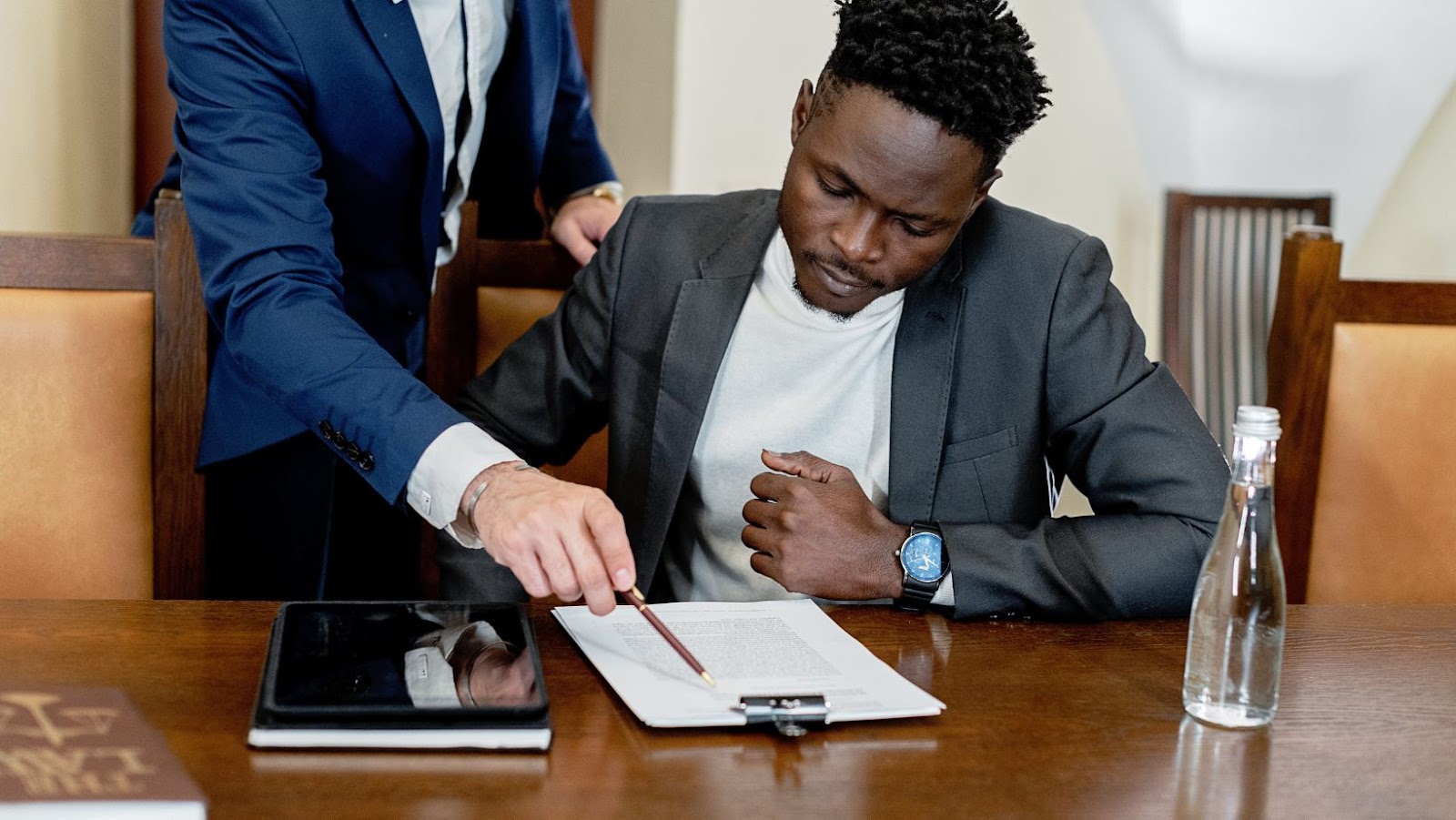A car accident can be traumatic and life-changing. Even if you escape with minor injuries, you might still experience emotional trauma months later. One of the biggest challenges car accident survivors face is the anxiety of getting back behind the wheel. Feeling nervous about driving again after an accident is normal, but you can take small, manageable steps to increase your confidence.
Dealing With Emotional Trauma
It’s not uncommon to experience anxiety, depression, or post-traumatic stress disorder (PTSD) after a car accident. You may be tempted to bottle up your emotions to stay strong for your loved ones — especially if they were also in the accident — or because you don’t want to make a fuss, but keeping your feelings to yourself can do more harm than good.
Seeking therapy or joining a support group can help you process your emotional trauma and develop healthy coping mechanisms in a safe space with others who have endured similar circumstances.
If you’re uncomfortable attending a group, lean on your friends and family for emotional support. Sometimes, a listening ear, a shoulder to cry on, or even a comforting presence as your friend updates you on the latest gossip can help you process your feelings and feel more like yourself. Don’t forget that these people may also be able to help you by running errands while you focus on your recovery.
Start Slow
Getting behind the wheel can be daunting whether it’s been several weeks or months since your car accident. Starting slow can help you manage your anxiety and gradually build confidence — you don’t need to (and shouldn’t) head straight for the freeway!

Instead, start with a short trip — perhaps around the block or down a quiet, familiar road. If you’re not ready to hit the gas just yet, that’s okay too — simply sitting in the car with the radio on can help you create a positive and safe association. Much of the lasting fear after a car accident stems from a lack of control — such as being unable to control your vehicle or other drivers on the road — so the more in control you feel, the more comfortable you will become.
Supporting Children After an Accident
Car accidents can be just as traumatic for passengers as drivers. Children might particularly struggle with fear of getting back in the car. This can be overwhelming enough for adults, but it may be a child’s first experience with such emotions.
To support a child with anxiety after a car accident, give them space to explore and articulate their feelings without putting pressure on them. It can be helpful to ask an open question and spend more time listening than speaking, but you may want to explain how you feel too. Hearing you voice your fears can demonstrate to a child that it’s okay to be anxious and make them more comfortable sharing.
You can also put children at ease in your car by giving them control over the situation. Let them choose the car music or route to take. Start with a short drive, perhaps asking them where they want to go.
Hire a Personal Injury Lawyer
If someone else caused your accident, you may be able to claim compensation. This can offer a financial lifeline if you’re unable to work or have mounting medical bills, and it also compensates you for your pain and mental anguish — including your anxiety. If you have a panic attack when you sit in your car, or a friend drives you to a hospital appointment, you deserve justice.

A skilled car accident lawyer can tell you if you have a claim, gather evidence, communicate with insurance companies, and protect your rights to secure the settlement you deserve.
Give Yourself Time
Finally, it’s essential to give yourself time to heal. Recovering from a car accident is not linear. You can’t compare your progress to anyone else’s, and there’s no set timeline for when you should feel “ready” to get back behind the wheel. Be patient, have breaks as needed, and take small steps you’re comfortable with.
Those small steps add up, and you’ll soon be back in your car, driving down the freeway without giving your car accident a second thought.























